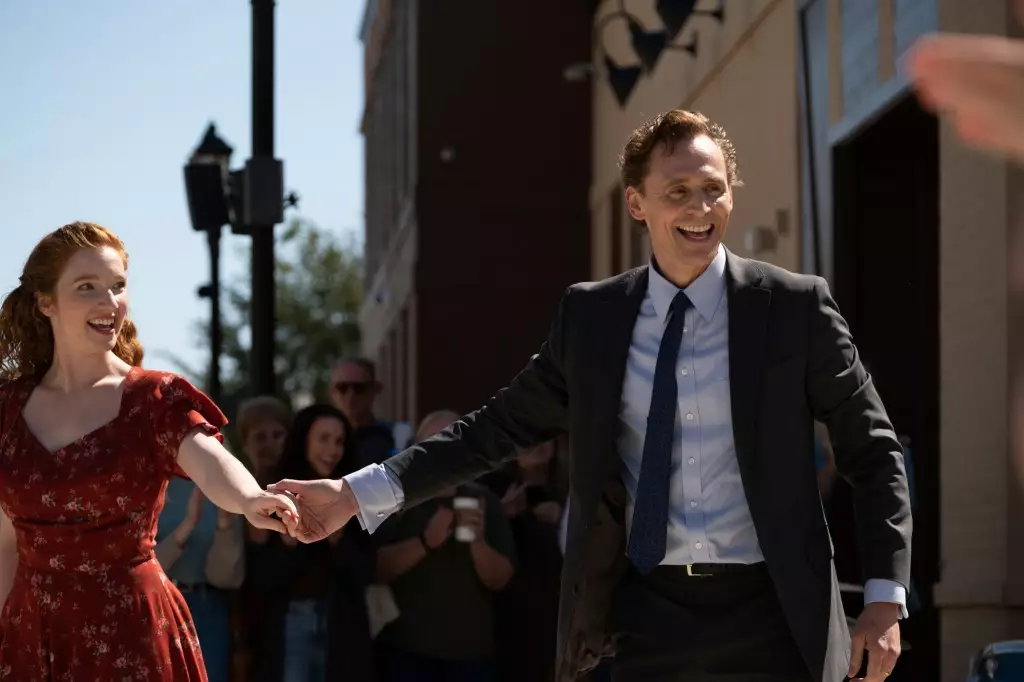For decades, Hollywood’s summer season has served as the battleground for cinematic innovation and spectacle. Yet, a critical eye reveals that much of what dominates these lucrative months is less an act of genuine creativity than a carefully curated parade of familiar franchises and pre-sold properties. The towering success of blockbuster sequels like Jurassic and Superman might suggest a thriving artistic ecosystem, but beneath the surface, there’s a troubling pattern of stagnation. Studios have become risk-averse, preferring the comfort of known brands over the uncertainty of original storytelling. This reliance on familiar characters and formulas risks dousing the spirit of discovery that once fueled Hollywood’s golden eras.
The False Promise of Brand-Driven Success
The resurgence of established franchises signals a troubling shift away from spontaneous creativity toward corporate branding. F1, Apple’s VR ventures, and Amazon’s looming Bond revival point toward a future where innovation becomes secondary to platform dominance. These tech giants, eager to leverage their vast audiences and advanced data analytics, seem less interested in pushing artistic boundaries than in maximizing shareholder value. Hollywood’s obsession with sequels and reboots mirrors this trend—where the line between engaging storytelling and commercial expediency has blurred dangerously. It’s a retreat from genuine artistry, sacrificing the element of surprise that once made summer blockbusters memorable.
The Disappearance of Authentic Surprises
History tells us that true cinematic marvels emerge out of chaos, confusion, and creative risk-taking—a spirit seemingly absent from today’s industry. Films like *American Graffiti*, *Dog Day Afternoon*, and *Stand By Me* surprised audiences because they bore the marks of passionate, original visions honed amidst studio constraints. By contrast, contemporary blockbuster culture increasingly emphasizes safe bets: sequels, remakes, and formulaic thrillers that tend to blend into one another. When studio executives prioritize marketability over originality, the potential for genuine surprises diminishes. The era of discovering a *The Godfather* or a *Jaws* in the film aisle — unexpected gems that changed cinema forever — feels increasingly distant.
The Challenges of Cultivating New Talent and Ideas
In an industry dominated by corporate interests, independent filmmakers and daring storytellers struggle to find pathways into theaters. The recent release *The Life of Chuck* exemplifies how smaller films, devoid of star power or eye-catching special effects, attempt to breach the mainstream consciousness. Its unconventional narrative, told backwards and centered on an unremarkable man with a secret talent, doesn’t fit the typical blockbuster mold. Yet, such films are crucial—they challenge audiences and push the boundaries of conventional storytelling. The risk, however, is that without studio support or major marketing muscle, these films get lost amidst a flood of franchise-driven releases, leaving audiences with a limited palette of predictable entertainment options.
The Future of Cinematic Innovation Is at a Crossroads
The current landscape indicates a troubling complacency. Hollywood’s relentless pursuit of franchise dollars risks devaluing the very artistry that makes cinema a powerful art form. While technological advancements are revolutionizing the spectacle, they often serve as distractions rather than catalysts for truly innovative storytelling. If Hollywood continues down this path, audiences may become increasingly jaded, craving something more authentic—something unpredictable. The question is whether the industry will muster the courage to invest in original ideas once again, or continue to indulge in the mirage of guaranteed box office success through recycled formulas.
Looking ahead, Hollywood must confront its reluctance to embrace originality. The allure of easy profits from established brands should not overshadow the potential for cinematic breakthroughs born from daring creativity. Without a conscious effort to nurture new voices and take calculated risks, the industry risks becoming sterile—a place where spectacle replaces substance, and familiarity replaces discovery. Only through genuine innovation—whether it’s a small indie film or a bold new franchise—can Hollywood reclaim its reputation as a leader in storytelling, not just a conveyor belt for safe, branded content. The future of cinema depends on it.

